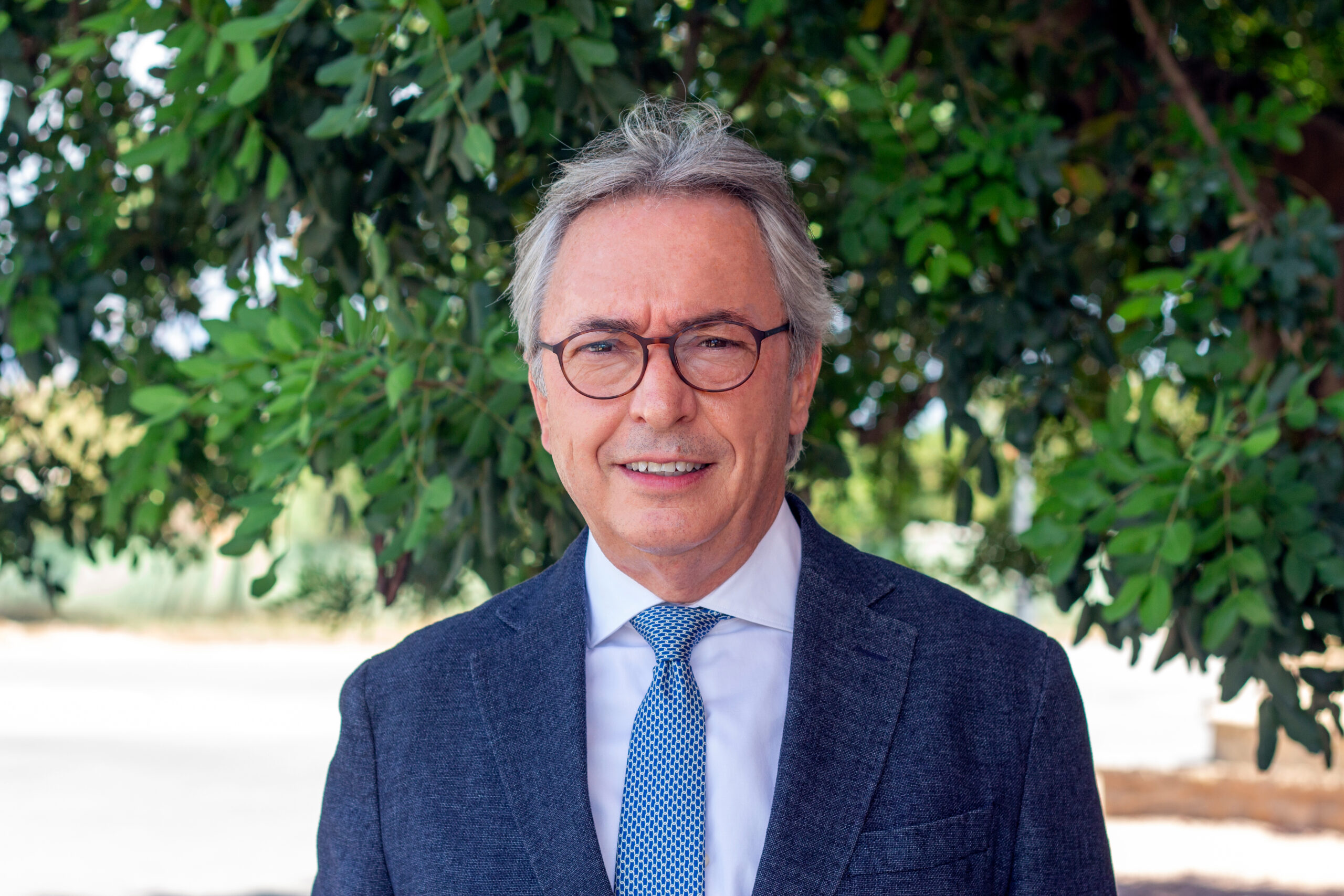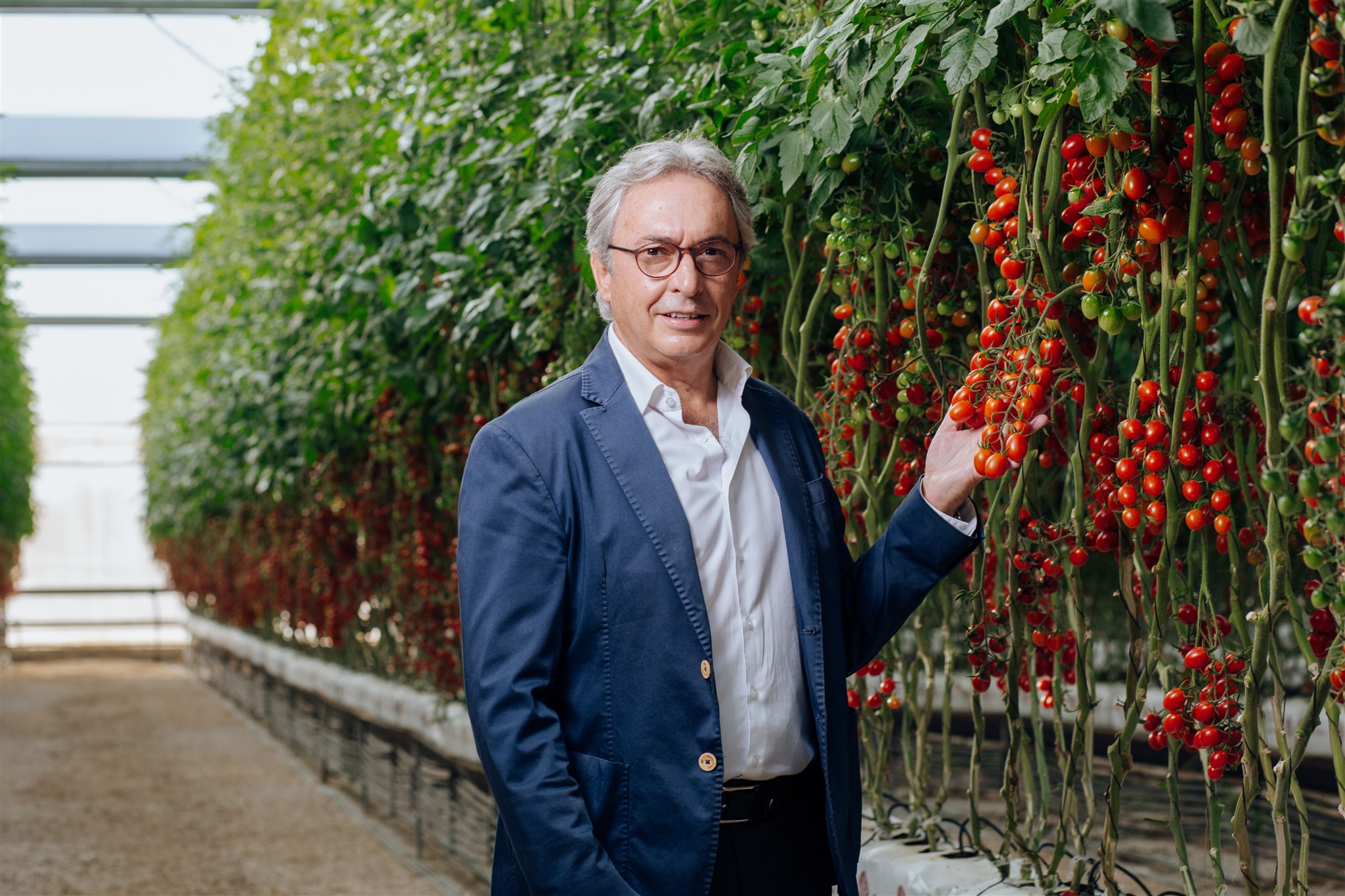Eurofresh interview with FruitVegetablesEUROPE president Jorge Brotons
1/ With the EU regulation project ”Nature restauration law”, what are the possible implications/future obligations for European fruit and vegetable producers?
The implications will be that we have to take into account that our activities have to work in symbiosis with nature and minimise our impact. I think this is an opportunity to be a world reference in this respect. Europe knows how to produce fruit and vegetables in a sustainable way. Now that we are incorporating non-standard crops, it is an opportunity to show that we know how to do it with flavour and improve our carbon footprint.
Can it become a competitive advantage for our sector, due to the good natural environment of most F&V farms?
It must be and we have to go hand in hand with retail to explain to the consumer all the advantages that this offers, which are not only environmental, but also economic and social. We are investing in ourselves directly and indirectly.
Or can it be a disadvantage for food security or the competitiveness of producers?
We must strike a balance between sustainability, profitability and food security. Scientific progress is undoubtedly a value for human beings. We cannot do without certain tools that provide us with safety and quality, we have to defend and support them, while logically making reasonable and protective use of them.
European politicians must be sensitive on all sides and support this type of cultivation. It is undoubtedly a way for all of us to benefit.
2/ Regarding plastic reduction with single-use packaging, what proposed regulations are there to harmonise the different directives of various countries?
This is a fast-moving sector and our awareness of plastic reduction is visible. However, this does not mean that we can stop providing the value provided by packaging, as well as a lack of identification on the part of the consumer. Bulk sales make a strategy of identification and differentiation by product origin and accompanying quality characteristics unfeasible. Community production is thus at a disadvantage.
The European Parliament Regulation goes in the same direction as the Spanish Royal Decree, which restricts single-use packaging to products of less than 1.5kg, which is undoubtedly one of the formats chosen by consumers in their regular shopping.
I believe that the regulation of plastic has not been developed with all parties in mind. Firstly, there are new materials that are sustainable but are taxed, secondly, there is no general awareness of the possibilities of reuse, thirdly, there are products whose sales will be affected by this new regulation, as it will change the configuration that customers generally make (we are making it less easy for them to buy…), which will generate additional costs that will be paid by all parties, losing competitiveness.
This requires a deeper analysis connected to reality in order to make joint decisions that benefit both the ecosystem and the companies and, of course, the consumer.
3/ Regulation of the sustainable use of plant protection products: What is the position of EUCOFEL?
I think we are in the wrong place because decisions have to be made taking into account all parties and all factors. This is the only way to be both competitive and environmentally friendly. We must react to the urgent needs of the sector and work in symbiosis. We must make it possible for agriculture to be a productive engine in the European Union, minimising our environmental impact and making efficient and decisive decisions.
The European Commission’s proposal for a regulation does not address the consequences of the application of this regulation and makes us lose competitive power for Community crops in the face of the alternatives that are required, but which are not affecting the production of third countries, thus causing a clear disadvantage for our producers.
4/ Water issues with Doñana: How can we ensure only sustainably produced berries will be exported next season?
The correct distribution of water resources among all water basins is fundamental for Spanish agriculture. This has been a latent problem for a long time, which does not only affect the Huelva countryside. The Spanish countryside must have this resource within its reach and at an affordable price in order to be competitive. For my part, we will continue to demand from the State authorities the need for a complete, real national hydrological plan that benefits and guarantees supply to all the regions of our country.
Biography
Jorge Brotons Campillo, born in Alicante (Spain), is director of the leading Spanish tomato company Bonnysa Agroalimentaria, president of FEPEX since 2007, part of the Organising Committee of Fruit Attraction and president of FruitVegetablesEUROPE since 2021.
Founded 60 years ago, FruitVegetablesEUROPE (EUCOFEL) is the private sectoral European Association, based in Brussels, representing the European Fruit and Vegetables producers and exporters at EU level.





